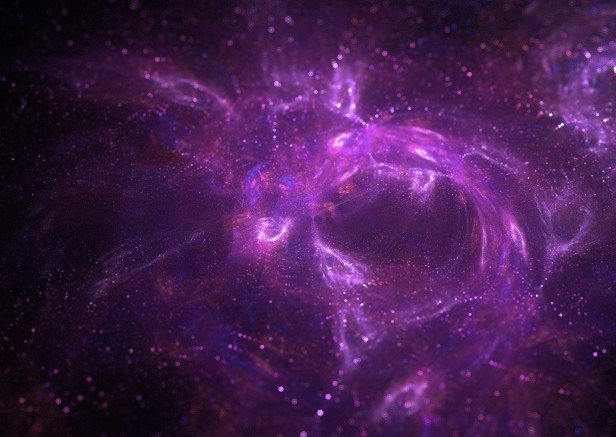Special Shared Space of Oneness Reflects Special Shared Core Oneness of Self: What of a Place of Inquiry?
- By kwende ukaidi
- •
- 16 Apr, 2025
- •
Celebrating the Specialness of Self and Self-Space

Throughout the ages, Afrikan souls have necessarily provided themselves with the space and physical establishments where they can make inquiries to service their continual ascension of rightful order.
A contemporary mainstream source offers the following detail:
“A "place of inquiry" generally refers to a location or facility where individuals can obtain information, ask questions, or seek assistance”.
To bring focus specifically to the Afrikan experience at the level of shared core oneness that this primary people of creation naturally hold, adaptation is considered apt. Alteration may yield something that looks like the following:
“An Afrikan place of inquiry can refer to a self-determined space, location or facility where Afrikan souls can obtain information, knowingness, ask questions or seek assistance in matters that service Afrikan fullest flourishing and security here, there and elsewhere”.
Unfortunately, in times of interruption and disruption where others that mean the Afrikan ill may take it upon themselves to thwart Afrikan optimality, Afrikan space for self-determined inquiry can suffer. Indeed, Afrikan souls may become susceptible to being swamped with places that exclusively serve the best interests of others to the complete neglect, abandonment or even destruction of themselves. Thus, the ‘inquiries’ Afrikan souls make in such a context may be of the singular dimension to service only those that are external to themselves.
Disturbingly, susceptible souls steeped in unknowingness of themselves may become consumed by ill-contaminants to the degree that rightful efforts for Afrikan ascension are actively shunned or worse during everyday life. Here, souls naturally engaged in the upright thrust for Afrikan progression may become a target for ‘inquiry’ wilfully projected to down that person and/or that person’s positive efforts. For example, the question, ‘Who does that person think he is?’, can be used as an attempt to cast negative connotations upon the intended target, to attempt to belittle the target, to attempt to render the target unworthy of functioning in this capacity and so on. It may also be a rallying call to invite others misguided enough to join the bandwagon of attempted disorder, derailment or destruction.
Of course, such ‘questioning’ may very well be self-projection on the part of perpetrating soul and their own misgivings. Another mainstream source details that:
“In psychology, "who does he think he is" often refers to exploring a person's sense of identity, self-perception, and how they view themselves in relation to others. It's a question that delves into an individual's internal beliefs about their worth, abilities, and place in the world”.
Yet, it is only Afrikan souls themselves that can safeguard against vices that undermine their natural norm of continual ascension of rightful order. With the inquiries and places of inquiry that can yield rightful Afrikan identity, positive Afrikan self-perception and a true Afrikan worldview - elevation of soul people here, there and elsewhere can surely be bolstered into fullest realisation and adequately safeguarded. After all, civilisation is not of happenstance.
The Universal Royal Afrikan Nation (URAN) is an Afrikan-centred spiritual and cultural mission for ascendancy that embodies living spiritually and culturally rooted life. To find out more about URAN and its spiritual-cultural mission for liberty and nationhood click here. The exquisite URAN pendant can be obtained online by clicking here.
In his capacity as an Afrikan-centred spiritual cultural practitioner this author is available for further learning in this regard and also for the carrying out of ceremonies such as naming and name reclamation. For details please click here.
Afrikan World Studies programmes are an important forms of study in understanding the Afrikan experience. There are a range of subjects covered on these programmes including History, Creative Production, Psychology and Religion. To find out more about these learning programmes please click here. For the video promo for these learning programmes click here.
At nominal cost, also consider acquisition of an a4 laminate poster of articulations by this author when visiting the Yemanja-O establishment to enrol, consult, learn, gather or otherwise.
Also, visit www.u-ran.org for links to Afrikan liberation Love radio programme on Universal Royal Afrikan Radio online.
